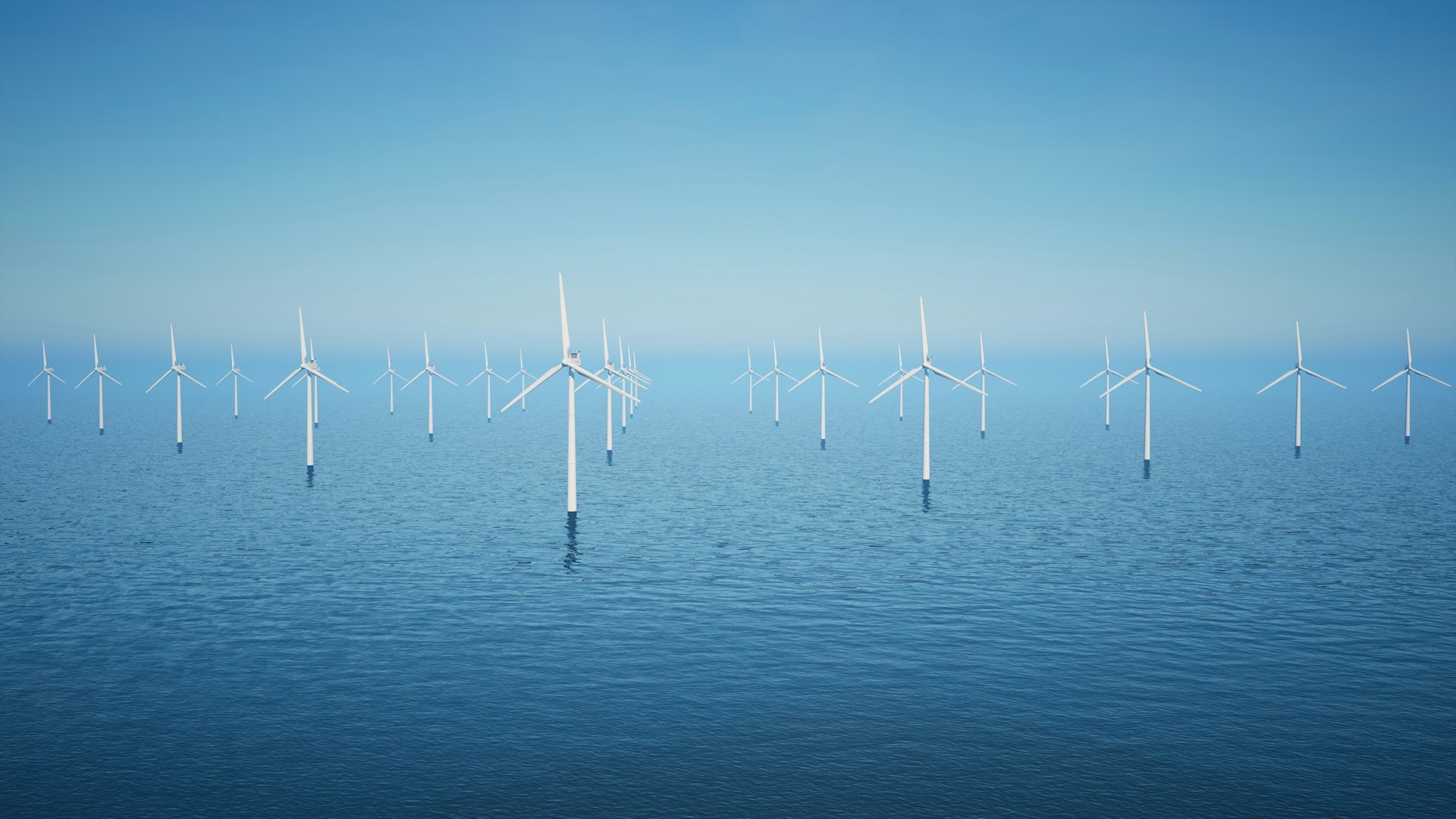Leading Light Wind Project Canceled by Developers

Saul Ewing, the law firm representing the developers of the 2.4GW Leading Light Wind project, has informed the New Jersey Board of Public Utilities (NJBPU) that the project will not proceed.
According to the firm, Invenergy and energyRE concluded that they cannot continue under the terms and conditions previously approved by the NJBPU. They noted that they may still take part in future OREC solicitations offered by the Board.
The developers pointed to challenging economic and regulatory conditions in the United States that have made new offshore wind projects increasingly difficult to advance.
In a letter to the NJBPU, the law firm wrote: “Like many other industry participants, the company has faced a series of obstacles in the development of the Leading Light Wind project, including supply chain, equipment, and vendor challenges, as well as changing regulatory requirements, to name but a few of the issues the company has confronted.”
As these challenges intensified, the developers repeatedly paused their obligations for the project. Their most recent request to extend the pause received no response from the NJBPU and has remained unresolved since mid May.
Invenergy and energyRE have now withdrawn their motion to extend the pause and stated that they do “not see a path forward for the Leading Light Wind project on this OREC award and look to the future for possible solicitations”.
They emphasized that they have invested significant time and financial resources into the project and remain convinced that the “Leading Light Wind project and offshore wind energy development can provide significant benefits to New Jersey and its residents”.
The current Trump administration has shifted federal energy policy away from offshore wind and is working to roll back support through regulatory changes, project cancellations, reduced funding, and stop work orders.
An EIC report shows that the national development pipeline has shrunk sharply, falling from a planned 56GW to 25.4GW as projects were delayed or canceled. The total number of projects has also decreased from 45 to 23.